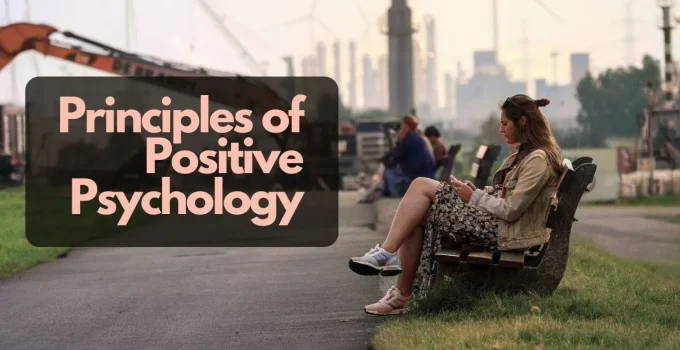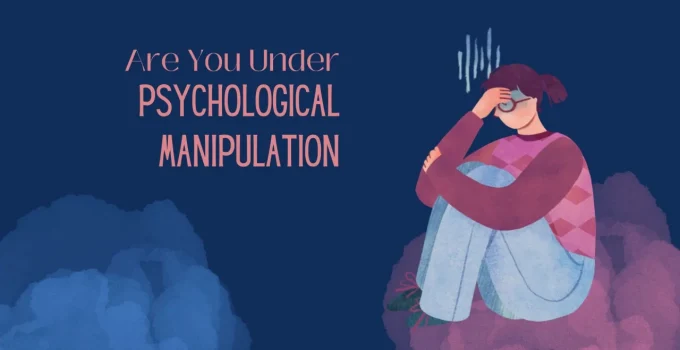Author: Sandip Roy
Setting boundaries with a narcissistic mother is a vital step for taking care of yourself and establishing healthy relationships.
Trauma bonding is a psychological phenomenon in which a victim of abuse, neglect, or other trauma, grows an emotional attachment to their abuser. But why?
Experts feel that most narcissists are deeply insecure beneath their outward confident behavior and authority facade.
Discover ancient wisdom & practical advice from Marcus Aurelius on happiness. Use his Stoic philosophy to thrive & have a rewarding life in the modern world.
The Serenity Prayer is a well-known ritual practiced by people from various faiths. Is there a non-religious, atheist version of it?
The five key principles of positive psychology are known by the acronym PERMA. They are what sustains and makes us happy, the very essence of happiness science.
The Serenity Prayer appears to have a controversial origin story, hinting that a man's voice may have silenced a woman's voice.
Psychological manipulation is a type of emotional abuse. Here's how you can spot its warning signs early on and stay safe.
Gratitude can increase positive emotions, decrease negative emotions, and improve overall well-being. Here are 10 simple ways to practice gratitude every day.
If you suspect you are a victim of gaslighting, shut them down with these phrases.
How can you get your revenge on a narcissist without falling to their level and becoming abusive yourself?
Mindfulness meditation has many proven benefits, including being an easy way to reduce stress and increase passion and joy in your life.
Epictetus was one of the three most prominent figures in the Stoic school of thought, together with Seneca and Marcus Aurelius.
According to a Stoic, the meaning of life is to live in accord with reason and virtue, to find fulfillment and peace through acceptance of whatever happens, and to …
Narcissists are manipulative by their very nature, and it is not a cakewalk to derail them into a state of confusion.
This brief introduction to Acceptance and Commitment Therapy (ACT) will help you understand why it works and how you may use it to win the inner battle to heal …
Some mysteries of life are so baffling that you must occupy your high seat to unravel them. Here are 10 productive things to do on the toilet.
Happy people may have unfulfilled lives. Fulfillment comes from flourishing, a holistic way of living a good life, one you are proud of. Are you flourishing?
Arrival fallacy is the false belief that achieving success will lead to long-lasting happiness. Learn why does arrival fallacy happen, and how to deal with it.
A narcissist wants to keep you trapped in the abusive relationship. Narcissistic hoovering is a stage of their abuse machinery. Learn to handle it and go free.




















